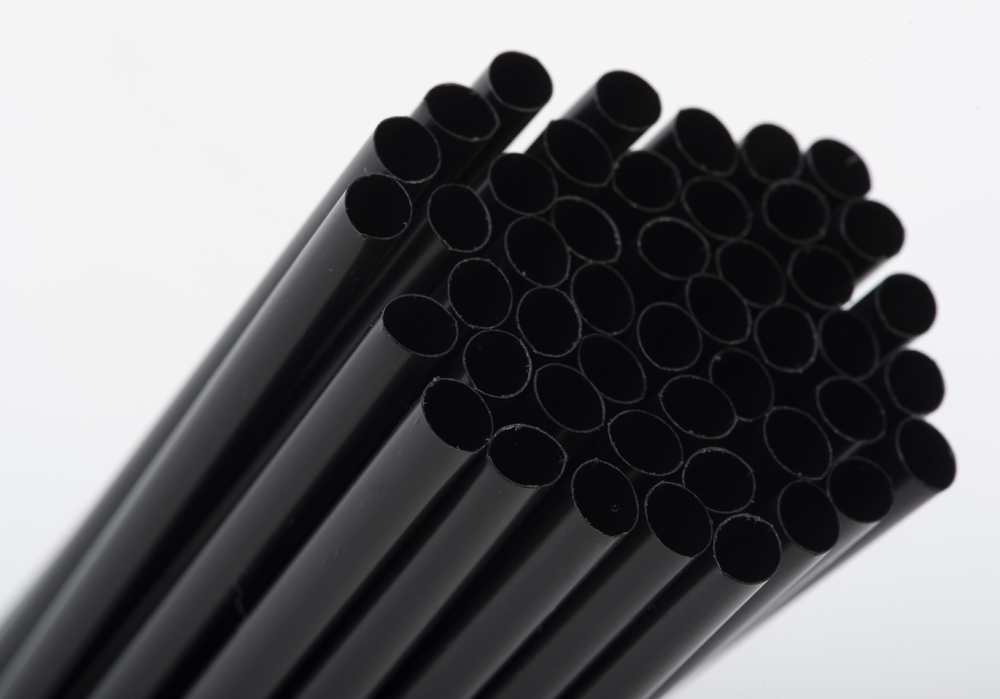Queensland Bans Single Use Plastic to Save Environment
It is another big win for Greta Thunberg as Queensland has followed suit in banning single use plastics, along with other states in Australia. This ban is part of Queensland’s efforts in fighting plastic pollution, following the strong support from the community, including private citizens, retailers and industry organisations.
What Are Single Use Plastics?
Single use plastics, also called disposable plastics, are plastic products designed to be used only once or for a short period of time before being thrown away. These single-use plastic products, which are most commonly used in packaging and food service, are made from fossil-based chemicals (i.e. petrochemicals).
Why Ban Single Use Plastics?
Single use plastics are the epitome of convenience. With their lightweight feature, durability and cost-effectiveness, single use plastics have been the top choice for many businesses.
In the food retail business where they are used for packaging purposes, single use plastics make the food not only more attractive but also protected. Such packaging allows businesses to minimise spoilage and food waste because the packaging itself preserves the food. It is also quite hygienic because as it wraps the food, it prevents any airborne germs from coming in contact with the food. This is especially useful these days as it minimises the spread of COVID-19.
However, given the high rise of consumerism, single use plastics make up half of all the plastics produced in the world. This means that from the 380 million tonnes of plastic produced every year, half of it is actually plastics that were only used once and then thrown away.
This is even made worse by the fact that almost 70% of all marine litter is single use plastics. If not cleaned up (in both land and water), this plastic litter will slowly disintegrate into smaller pieces called microplastics. These plastics, whether they have disintegrated or not, are dangerous, not just to the wildlife but to humans as well. In animals, it can cause health issues like punctured organs or intestinal blockages when eaten. In humans, the ingestion of microplastics through contaminated water or food can cause health problems like hormonal imbalances, reproductive problems and even cancer.
What Single Use Plastics Are Included in the Ban?
The following single use plastic items are now banned in Queensland:
- Straws – Include all kinds of plastic straws like regular straws, straws with a scoop, flexible straws, cocktail straws and bubble tea straws;
- Stirrers – Often used in hot and cold drinks, but can also include swizzle sticks, as well as hot and cold food stirrers;
- Plates and bowls – Disposable plastic plates and bowls, including those made of polystyrene;
- Cutlery – Includes all kinds of plastic cutlery, such as spoons, teaspoons, forks, knives, mini or sample tasting spoons, soup spoons, sporks, splayds and plastic chopsticks; and
- Expanded polystyrene takeaway food containers and cups.
Are There Any Exceptions to the Ban?
At the time of this writing, there are some single use plastic items that are not yet included in the ban. These are the following:
- Single use plastic straws and cutlery attached to a manufactured, shelf-ready, pre-packaged product (e.g. a plastic straw attached to a juice box or a plastic spoon attached to a yoghurt or ice cream);
- Single use plastic takeaway food containers (e.g. plastic food containers with lids, sandwich containers and sushi tray containers); and
- Plastic and foam platters and trays (e.g. vegetable trays, packaged meat and packaged fruits).
Some businesses are also exempt from the single use plastic ban. These include hospitals, clinics or facilities that provide care to persons with disability and/or healthcare needs, dental clinics, medical clinics, pharmacies, aged care facilities and medical suppliers.
How Can Your Business Deal With This Ban?
This ban stands whether the single use plastic items are sold or given away and that the same rules apply to items that are supplied in packets to customers. Thus, it’s important to act now or be sorry later.
What Are Your Options?
If you find that your business is affected with the plastic ban in Queensland, stop ordering the banned items now. Even if it’s cheap and convenient, do not use the banned items anymore. At the same time, consider the following options:
- Consider no longer offering the items. For example, do customers really need the straws (disposable or not) for their soda? Maybe you can stop offering the straws.
- Consider reusable items. Would it be possible for your business to use reusable items instead? For dine-in, instead of disposable plates and cups, maybe you can go back to traditional silverware and ceramics, which you can wash and reuse.
- Consider using alternative items that are not banned like compostable products. However, take note that any claim of ‘biodegradable’ or ‘environment-friendly’ is not a guarantee that they do meet the Australian composting standards. Some of these items may even cause more harm than good.
The recent plastic ban can be stressful for many business owners. But, it does not have to be. There are sustainable options available for you. If you are looking for a reliable supplier of compostable packaging and food service materials for your business, Bonnie Bio may be the company you are looking for.
Bonnie Bio – Sustainable Compostable Packaging in Australia
Bonnie Bio is the leading brand that manufactures a wide range of compostable products – cutleries, straws, disposable gloves and more. We aim to make a difference with our internationally certified compostable plastic alternatives, which are all made from natural ingredients. We use no chemical additives to ensure non-toxicity and allow for complete composting and biodegradability.
Bonnie Bio is certified and compliant with biodegradable and composting standards. Our products conform with Australasian Bioplastics Association Quality Control AS 4736-2006 and AS 5810-2010. For more information about our products, call us on (03) 9460 5655.

